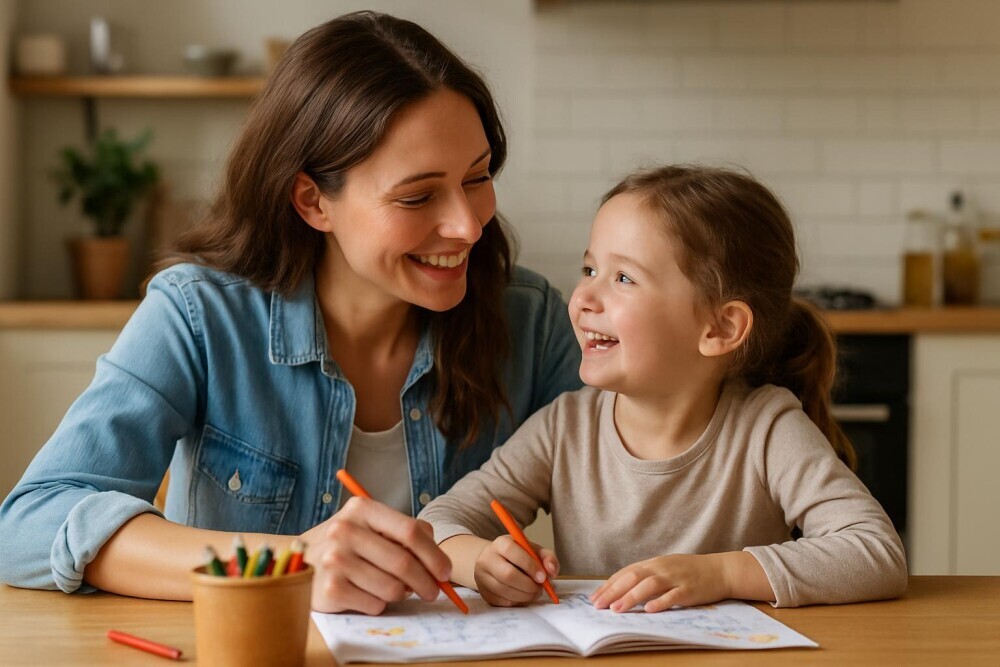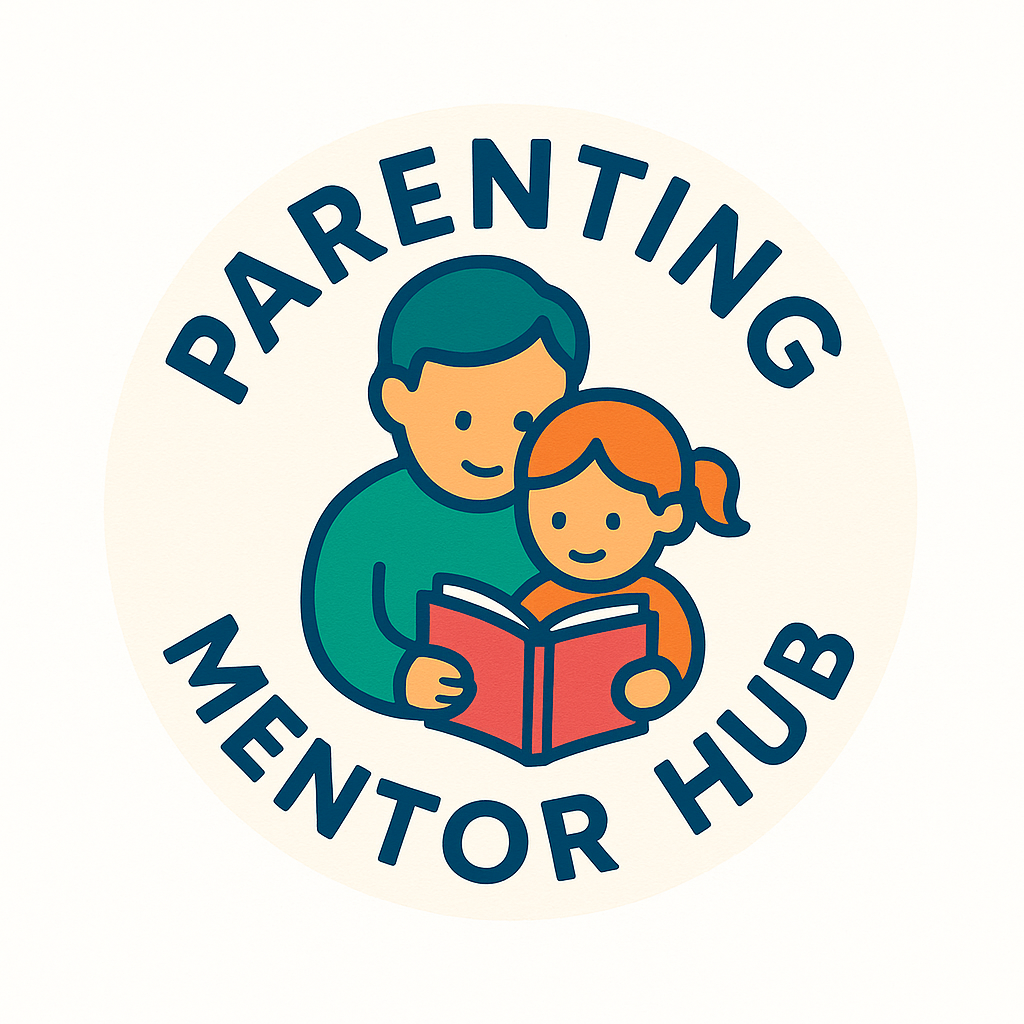
Positive parenting isn’t about being perfect — it’s about building strong, trusting relationships that help children thrive. We all know that parenting is full of challenges, and it’s often joked that babies don’t arrive with a handbook.
As parents, we want the best for our children but don’t always know how to go about it. The good news is that small, thoughtful changes can make a big difference in how your child learns, grows, and responds to the world around them.
In this guide, I want to share practical, effective techniques you can start using straight away — simple strategies that build trust, encourage positive behaviour, and create a calmer, more connected home environment. Whether you’re looking for ways to improve communication, support your child’s independence, or strengthen family bonds, these insights will give you a strong foundation for positive parenting.
Building Trust and Open Communication
Positive parenting begins with a home environment built on trust and open conversation. Children need to feel heard and understood — and this starts in everyday moments. Chatting while cooking, folding laundry together, or setting the dinner table as a family can teach teamwork, cooperation, and respect in a natural, relaxed way.
The Power of Routine
Predictable routines help children feel secure, fostering trust and emotional stability. Bedtime rituals are a wonderful example.
Take Sarah, a mum who created a bedtime reading routine for her two boys. They used to dread bedtime, often delaying it with endless excuses. But once Sarah began reading them stories they truly loved, bedtime gradually became something they looked forward to. The consistency of winding down each evening with their mother by their side helped ease their nighttime anxieties and created a comforting family ritual.
Encouraging Positive Behaviour
Rather than focusing on your child’s mistakes, it’s powerful to emphasise what they do right. Acknowledge and praise small actions sincerely — there’s no need to exaggerate. Perhaps they tidied up without being asked, shared a toy, or helped a sibling. Praise works best when it’s specific and timely: “Thanks! That’s brilliant that you helped Jamie tie his laces — now we’re ready to go!” is much more effective than not acknowledging the positive behaviour or a generic “Well done.”
Turning everyday situations into learning moments also helps. If the toys are in a mess, keep the tidying up matter-of-fact: “Let’s tidy up the toys before I start dinner. Then you can listen to your songs and do some colouring while I’m cooking.” This approach is far more motivating and will produce far better outcomes than simply ordering, “Tidy up your toys.”
Teaching Emotional Intelligence
Children thrive when they can understand and name their emotions. Help them recognise feelings by asking open-ended questions like: “You seem upset — do you want to talk about it?”
Empathy is just as important. When reading a book together, pause occasionally to ask how a character might be feeling or what they might do next. These small discussions help children build emotional awareness.
Handling tantrums with understanding rather than frustration makes a world of difference. Rob, a dad who struggled with his daughter’s outbursts, found success by kneeling to her level, staying calm, and gently talking her through her emotions instead of reacting with punishment. Over time, her tantrums became less frequent, replaced by real conversations.
(For more detailed tips, see our article: Handling Temper Tantrums: Keeping Calm When Dealing with Your Child’s Emotions.)
Effective Discipline
Clear boundaries are essential. Children need to know the rules and what happens if they’re broken — and consistency is of the utmost importance. Calm, predictable consequences work best.
Involving your child in setting family rules can be very effective too. Emma, a mum, created a ‘family pact’ with her children, giving them a say in the house rules. This sense of ownership made a big difference: arguments reduced, cooperation improved, and home life became smoother.
Empowering Your Child
Confidence and independence grow when children are trusted with age-appropriate responsibilities. Small tasks like setting the table or choosing their clothes help build decision-making skills.
Offering choices rather than giving commands also encourages independence: “Would you like the blue jacket today or the red one?”
This gives your child a sense of control — and cleverly sidesteps a potential “I don’t want to wear a jacket” moment! (It’s especially effective with younger children.)
Tom, a father who encouraged his son to take on small household jobs, found that over time, his child developed strong problem-solving skills. Managing small tasks independently prepared him to tackle bigger challenges, like school projects and team activities, later with confidence.
Final Thoughts
Positive parenting isn’t about getting everything right — it’s about showing up with care, patience, and a willingness to grow alongside your child. Every small, thoughtful change you make helps lay the foundation for a happier family life.
